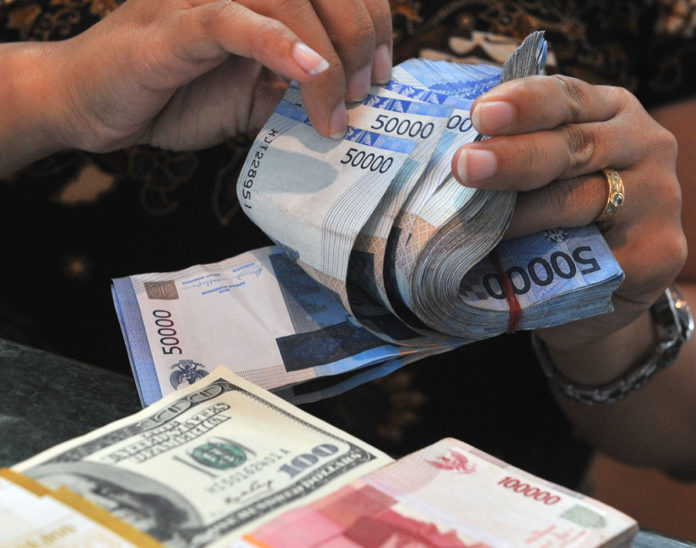The COVID-19 pandemic has also impacted the public and private sectors ability to fulfil Anti-Money Laundering/Combating the Financing of Terrorism (AML/CFT) obligations due to isolation and social distancing measures imposed all over the world, the Financial Intelligence Office (GIF) indicated.
‘These measures may provide criminals and terrorists with new opportunities to generate and launder illicit proceeds. Thus, despite the probable economic downturn for the coming years, it is believed that illicit financial flows will continue to run or even in a more concealed manner,’ the department noted in a recent newsletter.
The department noted that purchasing overseas products through agents become popular in recent years but criminals may take the advantage of the COVID-19 pandemic or the future economic recovery to carry out fraudulent activities.
As an example, the department described a local case of a company which offered a limited number of face masks and sanitizers in the short term, but at a price around 50 per cent higher than the retail price through a social network during the height of the pandemic in February.
However, since mid-March 2020, the customers had lost contact with [the company and did not receive the ordered goods as scheduled, with the involved bank reporting the case to the law enforcement agency and the GIF, respectively.
‘After analysis, the GIF found out that Company B was owned by a foreigner without
any physical business location and the registered address was provided by a company service provider,’ the department noted.
‘Financial institutions should stay alert to their corporate customers that operate like shell company, without apparent business activities or the shareholders are non-local residents. If the information shows that the access point is not fixed (for example, involved multiple jurisdictions), or the access points are not the hometown of the overseas shareholders, financial institutions should pay attention to determine whether the account involves any fraudulent activities’
The total number of Suspicious Transaction Reports received by GIF during the first half of 2020 dropped by 31.2 per cent to some 947, of which almost half came from gaming operators.
The department noted that the pandemic generated new challenges to the international community to detect money laundering and terrorist financing, mainly due to changing behaviours of individuals and companies due to the increase in online activities and new or emerging money laundering risks.
The financial profile of individuals and companies has also changed, making it harder to detect anomalies, coupled with reduced enforcement capacity by remote working or staff absences, together with decreased prioritization of AML/CFT resources due to a global economic downturn..
In order to face these challenges, GIF suggested the need for better public and private sector coordination and sharing of information in order to respond to significant events, and the need for better adaptability of tools used to detect money laundering and terrorist financing, such as increased use of digital tools.
‘The competent authorities should keep continued support and communication with the private sectors to ensure no difficulties in fulfilling the regulatory requirements during the coronavirus crisis,’ GIF stated.




















